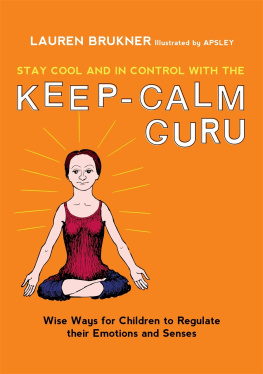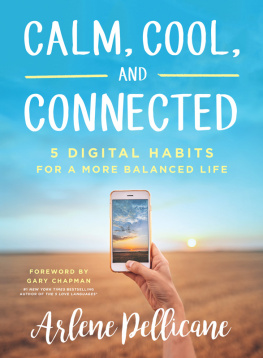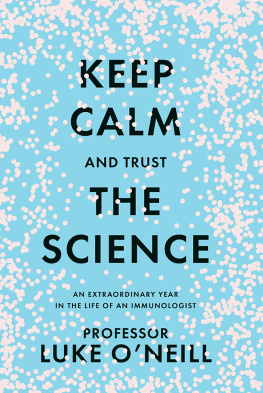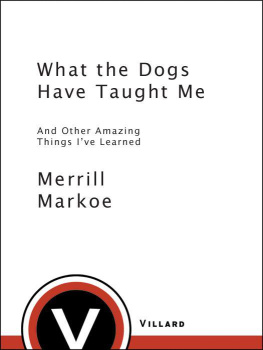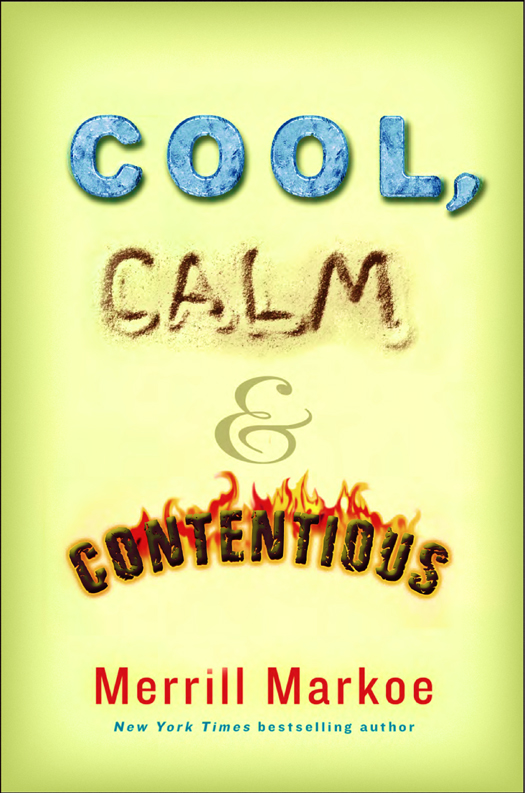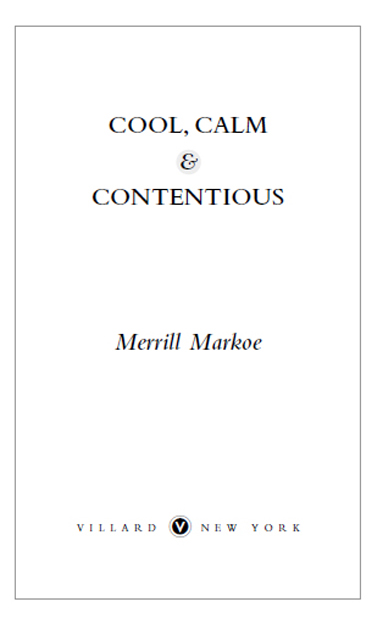Copyright 2011 by Merrill Markoe
All rights reserved.
Published in the United States by Villard Books, an imprint of
The Random House Publishing Group, a division of
Random House, Inc., New York.
V ILLARD B OOKS and V ILLARD & V C IRCLED Design are registered
trademarks of Random House, Inc.
Grateful acknowledgment is made to George Meyer to reprint an excerpt from Gone, All Gone by George Meyer. Reprinted by permission of the author.
Library of Congress Cataloging-in-Publication Data
Markoe, Merrill.
Cool, calm & contentious / Merrill Markoe.
p. cm.
eISBN: 978-0-345-51893-4
1. Markoe, Merrill. 2. Markoe, MerrillChildhood and youth.
3. Markoe, MerrillHumor. 4. Writers, American20th century
Biography. I. Title. II. Title: Cool, calm and contentious.
PS3563.A6652Z46 2011
813.54dc22 2011028395
www.villard.com
Jacket design: Daniel Rembert
v3.1
CONTENTS
The Place, the Food, Everything Awful:
The Diaries of Ronny Markoe
F OR MOST OF HER LIFE, MY MOTHER WAS VARYING DEGREES OF pissed off. And not just at me. She was pissed off at everyone. But the conspicuous absence of colorful, controversial political and literary figures and/or captains of industry at our dinner table caused me to take the brunt of it.
It was hard to trace her hostility to its origin because she wasnt introspective. If you asked her why she was so mad, which I often did, she would say that she told you on several occasions to put your dishes in the dishwasher or to change that horrible shirt. That was as deep as it got.
It probably didnt help that my mother didnt feel well a lot of the time, afflicted with a wide variety of symptoms, many of which I associated with her always simmering rage. The first time I remember her being hospitalized was when I was in the third grade. We had just moved from New Jersey to Florida. I was sitting on the floor, in the midst of a one-person jacks-playing marathon, when the phone rang. It was her sister-in-law, calling long-distance from New York. I watched all the color drain from my mothers face as she began to comprehend that her brother had dropped dead of a heart attack at the age of thirty-three.
Not emotionally up to the responsibility of informing my grandmother, who lived with us, that her only son was dead, my mother instead pretended that her brother had survived, then put my grandmother on a plane to New York to go visit him in the hospital. This she confessed to me a couple of hours later, while sobbing uncontrollably during a harrowing drive home from the airport as I kept my hands hovering over hers on the steering wheel, terrified of finding myself, at the age of eight, in charge of a runaway vehicle that was careening into other cars on its way to the middle of a freeway median strip.
A few days later, my mother was diagnosed with ulcerative colitis and hospitalized for two weeks.
From that point on, she never left the house for any extended period, even a weekend, without what she called her train case: a portable pharmacy, about the size of a bread box, made of hard white plastic with a handle on top. It opened into many compartments, most of them full of amber-colored prescription bottles. Inside, she always had prednisone, in case of an uncomfortable intestinal flare-up, along with a couple kinds of painkillersDarvon, Tylenol with codeine, Vicodin, paregoricas well as Imodium, Kaopectate, Lomotil, Elavil, and those old standbys Valium and Xanax. In addition to her abdominal discomfort, she was constantly being treated for other unidentifiable inflammations: pains in her arms, legs, ankles, neck, and back; swellings, skin eruptions, allergies. For the rest of her life, whenever I saw her on holidays or birthdays, she was either coming down with something or recuperating from something else.
Maybe she would have had medical problems even if shed had a sunny disposition, but it seems just as possible to me that her endless physical problems may have been worsened by her seething, unacknowledged, and unexamined rage. Its also possible that she was set at a permanent rolling boil by her own utterly dependent and anxiety-ridden widowed mother, who moved in with her on the eve of her marriage to my father, then refused to get a job, learn to drive, or move to a nearby apartment when my father offered to pay for one, all the while maintaining an oblivious attitude centered around the premise that she was only there to help. That could have played a role in pissing my mother off.
It certainly would have gotten to me.
By all accounts, my mother started life as a pretty, brighter than average Brooklyn kid who skipped a lot of grades and went off to college at fifteen.
The few photos of her from this period show a cocky, fashionable girl of the 1930s, operating in the stylistic middle ground between Lauren Bacall and Dorothy Parker. She had shoulder-length, light brown, wavy hair that she wore swept up in a pompadour style, sometimes with a flower tucked coquettishly behind one ear. In photographs, she always looked pleased with herself, radiating confidence. The people who grew up with her all mentioned her wisecracking air of sophistication, smartly accessorized with swearing, chain-smoking, and a large multilanguage vocabulary.
During her late teens and early twenties, she fancied herself a worldly adventuress. By World War II, fresh out of college at nineteen, shed gotten a job writing for a girlie magazine, a risqu credential she wore like a badge of honor. She loved to tell stories about how it was her job to come up with captions full of puns and wordplay that were then used under black-and-white photos of nude women posing behind beach balls and umbrellas.
When that ended, she did some copyediting for Time, followed by some graduate work in Mandarin Chinese at Columbia. The highlight of this phase seemed to be during the war, when she was written up in Earl Wilsons column in the New York Post after some woman saw her studying her Chinese-language textbook on the subway and reported her to the police as a Japanese spy. That was a big feather in the imaginary fedora of the glamorous trench-coat-wearing foreign-correspondent alter ego my mother carried around in her head. Chinese is the coming language, Earl Wilson quoted my mother as saying.
But when the war ended, she didnt pursue any of the careers for which shed been gearing herself up. Instead, she married my father, a man so controlled and methodical that he took an hour to dice a carrot and had a special pair of plastic sandals just to wear in the shower. Thus did my mother bid a fond farewell to her life as a foreign correspondent in order to stay home and devote the next forty years to seething and being resentful.
Though she continued to think of herself as someone who lived for a rousing intellectual debate, she claimed to have found happiness with a man whose conversational digressions tended to be lengthy authoritative explanations of And though she insisted that she was blissfully wed, she often mentioned, over the years, that she was angry at my father because he didnt want any wife of his to work after they got married.
Looking back, it seems to me that she didnt fight this prefeminist battle as hard as she might have. My father was the kind of good sport who, despite initial signs of bluster, might have given in if she had argued passionately. If her work had been important enough to her, I always thought, my mother could have talked him into letting her pursue it. She also had no explanation for why, with her mother living on the premises, bored and available to watch the kids, she didnt at least pursue writing as a hobby.



